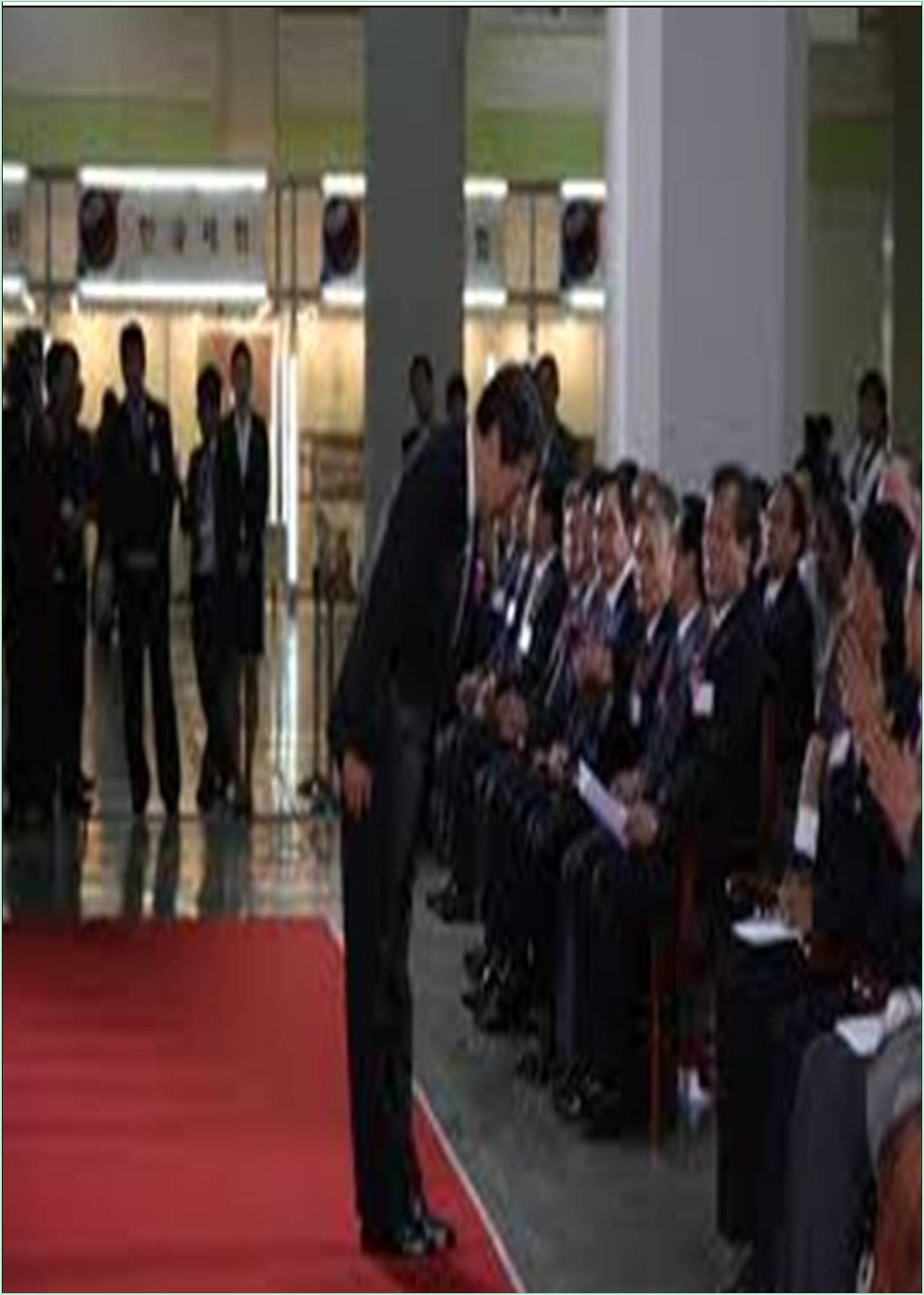



Received: 15-Nov-2022, Manuscript No. JPAPR- 22- 85422; Editor assigned: 18-Nov-2022, Pre QC No. JPAPR- 22- 85422(PQ); Reviewed: 02-Dec-2022, QC No. JPAPR- 22- 85422; Revised: 08-Dec-2022, Manuscript No. JPAPR- 22- 85422(R); Published: 16-Dec-2022, DOI: 10.15651/JPAPR.22.04.006
The government and public sector should handle substantial societal concerns that call for a fundamental socio-technical system transformation, according to transitions literature. For example look at a corpus of 100 articles to group the transition tasks that the transitions literature attributes to the government. The Public Administration (PA) traditions' normative justifications for governmental action are contrasted with these obligations. While some traditions offer a normative basis for specific responsibilities, our study shows that many of the transitional functions delegated to the government do not fit well with any of the Public Administration traditions. As a result, the normative justification for sociotechnical reforms provided by the Public Administration traditions is insufficient. In the past ten years, there has been an increase in interest in reaching goals pertaining to chronic and wicked societal concerns, such as climate change. Examples of this tendency include the EU's description of "grand social concerns," the Sustainable Development Goals (SDGs), and the new mission-oriented innovation policy approach that has been adopted by all levels of government. The Transition Literature has produced recommendations and obligations urging the government and civil service to address the persistent social problems that call for societal changes. The civil service within the government is essential in carrying out these transitional obligations, despite the fact that this role has got even less scholarly research.
Sometimes, inside the government, politicians and civil servants are viewed as two opposing groups. However, argues that the civil service is complementary to politicians because both are necessary to achieving the shared goal of excellent government. Civil employees are responsible for interacting with academics and other stakeholders, launching initiatives, drawing maps and suggesting paths, preparing political conversations, operationalizing goals, translating these goals into policies, and enacting these policies. Governments are expected to lead and hasten transitions towards sustainability, which results in a range of transition roles being assigned to civil officials. But for these new actions to be legitimate, they need to be contained inside normative frameworks that the government employees and the governance institutions in which they are ingrained can accept. Normative frameworks have been developed in the Public Administration (PA) literature to reflect shifting public values and justification narratives.
The transition literature, which had as its analytical purpose supporting both the development of systems of innovation and the destabilization of existing, dysfunctional structures, emerged around the year 2000 as a result of innovation studies and complexity theory. The most common viewpoints in transition literature include the multi-level perspective, technological innovation systems, strategic niche management, and transition management. Conceptual and analytical frameworks like the Multi-Level Perspective and the Technological Innovation Systems (TIS) approach are frequently used to comprehend how innovation and transitions occur. On the other side, the approaches to transition management and strategic niche management are clearly prescriptive and designed to lead actions to ease and begin transitions. The Technological Innovation Systems (TIS) methodologies investigate how technological innovation arises and usually employ the structural-functional approach to identify systemic problems that impede the development and diffusion of focal inventions.
Traditions in Public Administration
The constitution, discretion, and partnership traditions are Public Administration (PA) traditions that underpin separate legal obligations for the civil service. Traditions in public administration are commonly accepted normative frameworks that reflect altering societal standards and justifications for governmental action.
Discretionary tradition: In the 1980s, the excessive complexity, expense, slowness, inefficiency, and immobility of bureaucratic institutions gave rise to the discretionary tradition. The discretionary tradition's primary goal is to achieve desired results as effectively as possible. This tradition is heavily influenced by New Public Management (NPM) theories and has a strong neoliberal ontology. These reform elements changed the legitimacy of government institutions from input and processes to outcome accountability and results. NPM favors performance-based incentives, deregulation, and public-private competition to combat bureaucratic monopolies, which are viewed as being high-cost and low-quality.
Tradition of collaboration: At the conclusion of the 1990s, a brand-new set of problems caused a change in attention to the State. Rather than being about efficiency, the problems with terrorism, the environment, digitization, and migrants and refugees were more about fairness and security. The collaborative tradition emphasizes limiting the scope, power, and latitude of government while relying on the character, ties, and resource-sharing of participants to manage various societal power centers. The collaborative tradition ensures legitimacy by granting citizens and interest groups direct authority over the policy-making process, result in the effective execution of policy.